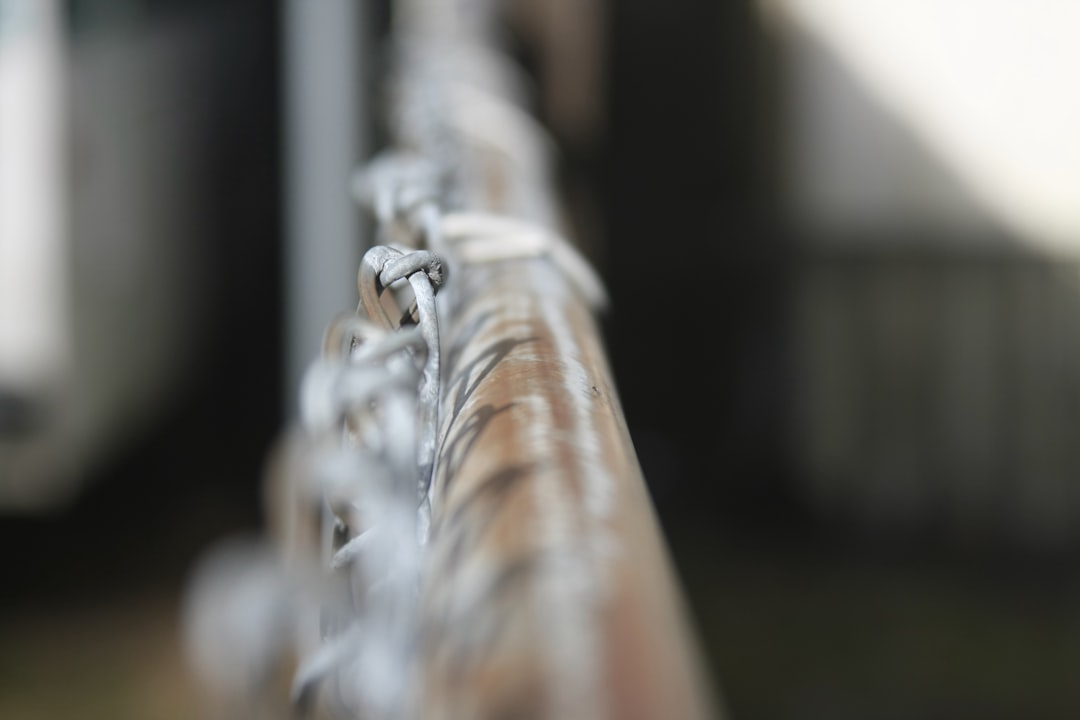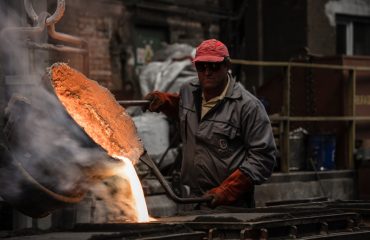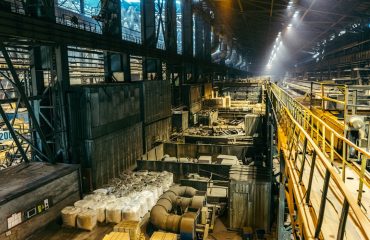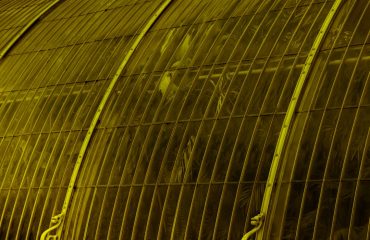Threaded pipes, a cornerstone of modern plumbing and industrial applications, offer a robust and reliable solution for fluid conveyance. Their unique design and simple yet effective mechanism make them a preferred choice across numerous sectors. This comprehensive guide delves into the key features and advantages of threaded pipes, highlighting their versatility and long-term benefits.
1. Understanding the Mechanics of Threaded Pipe Connections
The strength and reliability of threaded pipes stem from their ingenious design. Instead of relying on welds, adhesives, or compression fittings, threaded pipes utilize a precisely cut helical groove along the pipe’s exterior. This thread allows for a secure, mechanically interlocked connection with a matching threaded fitting. The process of tightening the fitting compresses the pipe threads, creating a leak-proof seal. Different thread types exist, such as NPT (National Pipe Taper) and BSP (British Standard Pipe), each with its own specifications ensuring compatibility and preventing cross-threading. The tapered nature of NPT threads, for example, creates a self-sealing effect as the threads engage, further enhancing the seal’s integrity. Understanding these thread types is crucial for selecting the right pipe and fittings for a specific application.
2. Superior Strength and Durability: A Key Advantage of Threaded Pipes
Compared to other pipe connection methods, threaded pipes exhibit superior strength and durability. The mechanical interlock of the threads provides exceptional resistance to pressure, vibration, and thermal expansion. This makes them ideal for high-pressure applications, such as industrial pipelines and hydraulic systems. The durability of threaded connections also extends their lifespan, reducing the frequency of repairs and replacements. Properly installed threaded pipes can withstand significant stress without compromising their integrity, leading to cost savings in the long run. The robust nature of threaded connections also minimizes the risk of leaks, a critical factor in many applications where fluid containment is paramount.
3. Versatility and Adaptability in Diverse Applications
Threaded pipes are remarkably versatile, finding applications across a broad spectrum of industries and projects. From residential plumbing systems to large-scale industrial processes, their adaptability makes them a go-to solution. Their compatibility with a wide range of fittings and valves allows for easy customization and system modifications. This flexibility is particularly beneficial in retrofitting existing systems or making adjustments during construction. The ease of assembly and disassembly also contributes to their versatility. Threaded connections can be easily tightened or loosened using standard tools, making maintenance and repairs straightforward. This ease of access is a significant advantage, especially in confined spaces or difficult-to-reach locations.
4. Cost-Effectiveness and Ease of Installation: A Practical Advantage
While initial material costs might be comparable to other pipe types, the ease of installation and lower labor costs associated with threaded pipes make them a cost-effective solution overall. The simple connection process requires minimal specialized tools or expertise, reducing installation time and labor expenses. This is particularly advantageous for large-scale projects where time is a critical factor. The ability to easily disassemble and reassemble threaded connections also simplifies maintenance and repairs, further minimizing downtime and associated costs. The longevity of threaded pipe systems, due to their inherent strength and durability, contributes to long-term cost savings by reducing the need for frequent replacements.
5. Material Selection and its Impact on Threaded Pipe Performance
The performance of threaded pipes is significantly influenced by the material from which they are manufactured. Common materials include steel, galvanized steel, copper, brass, and PVC. Steel pipes are known for their exceptional strength and durability, making them suitable for high-pressure applications. Galvanized steel offers additional corrosion resistance, extending the lifespan of the pipes, especially in outdoor or damp environments. Copper pipes are prized for their corrosion resistance and aesthetic appeal, often used in residential plumbing. Brass pipes offer good corrosion resistance and are suitable for applications requiring higher aesthetic standards. PVC pipes, being lightweight and corrosion-resistant, are often preferred for low-pressure applications. Choosing the right material is crucial for ensuring the longevity and performance of the threaded pipe system, aligning with the specific demands of the application.
In conclusion, threaded pipes offer a compelling combination of strength, durability, versatility, and cost-effectiveness. Their simple yet effective design and ease of installation make them a preferred choice for a wide range of applications. Understanding the various features and advantages of threaded pipes allows for informed decision-making, ensuring the selection of the optimal solution for any given project.
SEO Tags:
threaded pipes, pipe fittings, NPT threads, BSP threads, plumbing supplies




